A wrongful death lawsuit allows the surviving family members of a person killed by the negligent or intentional act of another to seek financial compensation for their loss. Virginia wrongful death cases often involve medical malpractice, where the negligent acts or omissions of a doctor, hospital, or other healthcare provider are the direct cause of a patient’s death. Such cases are often quite complex, in no small part because well-funded healthcare defendants will spare no expense in litigating such claims in an attempt to avoid liability.
86-Year-Old Priest Died Following Fall from Improperly Secured Hospital Stretcher

A recent unpublished decision from the Virginia Court of Appeals, Bon Secours-DePaul Medical Center, Inc. v. Rokagos-Russell, provides a good example. In this case, the Court of Appeals upheld a $2 million wrongful death verdict in a medical malpractice claim brought by the daughter of a retired Greek Orthodox priest who died after sustaining a serious fall injury at a hospital in Norfolk, Virginia.
Here is what happened. The priest was 86 years old at the time. A year earlier, he retired from officiating church services due to increased difficulty walking and standing on his own. He also suffered from a number of medical conditions, including a heart arrhythmia.
On the day of his 86th birthday in October 2018, the priest and his wife traveled to the defendant’s hospital. The priest’s primary care physician referred him to the hospital for an ultrasound to evaluate complaints of abdominal pain. The priest walked into the hospital using a cane.
After arriving at an examination room, the hospital’s sonographer asked the priest to change into a hospital gown. The sonographer stepped out of the room to give the priest privacy. Within a couple of seconds, however, the sonographer said he “heard what sounded like a fall.” The sonographer re-entered the room and found the priest lying on the floor in front of the stretcher used as part of the ultrasound procedure.
The priest was then taken to the hospital’s emergency department. Staff diagnosed the priest with a brain bleed and moved him into intensive care. Doctors performed a craniotomy and placed the priest on a ventilator. But when his condition failed to improve after several days, the family decided to withdraw life support. The priest died 10 days after his initial admission to the hospital.
The priest’s daughter, acting as the personal representative of her father’s estate, filed a medical malpractice and wrongful death lawsuit against the two corporate entities that owned the hospital. At trial, the estate called five witnesses, each of whom testified as to conversations they had with the priest after his accident about how the fall occurred. In all five accounts, the priest told the witness that the stretcher was unlocked, and when he leaned over to change his clothes, it moved, and he lost his balance and fell. The estate also produced two expert witnesses, who testified that the “standard of care” when performing an ultrasound was to “ensure that the wheels of the stretcher were locked and that a staff member remain with the patient at all times to provide assistance and prevent a possible fall.
The jury determined the hospital deviated from the accepted standard of care and found the defendants liable for the priest’s death. As previously noted, the jury awarded $2 million in damages, payable to the priest’s widow and his two daughters. The defense, understandably dissatisfied with the verdict, moved for a new trial, which the judge denied.
How Virginia’s Dead Man’s Statute Can Affect Wrongful Death Cases
The hospital defendants then appealed. A key issue in that appeal was the testimony of the five witnesses who spoke to the priest before his death about the circumstances of his fall. The defense argued this testimony was inadmissible under Virginia’s so-called Dead Man’s Statute and justified a new trial.
So what is the Dead Man’s Statute? It is a rule of evidence established by § 8.01-397 of the Code of Virginia. There are two key provisions. The first is that when one party to a civil lawsuit is deceased, the court may not enter a judgment in favor of an adverse or other interested party based solely on that party’s uncorroborated testimony. How much corroboration is necessary will depend on the specific facts of the case. The second part of the Dead Man’s Statute is that statements made by the deceased individual, either in writing or orally to another person, may be admissible as evidence even if it would otherwise be excluded as hearsay.
In this case, the hospital defendants conceded that the priest’s description of his accident to the five witnesses before his death were admissible under the second part of the Dead Man’s Statute. But they maintained the testimony of three of those witnesses–the priest’s wife and two daughters–were “uncorroborated” and thus the trial judge should have thrown out the jury’s verdict under the first part of the Dead Man’s Statute.
The Court of Appeals strongly disagreed. It pointed out the defense had misread the statute. The rule only requires corroboration of the adverse or interested party’s statements. Here, the defense challenged the statements made by the priest to the witnesses. But the priest, being deceased, was not an adverse or interested party to the litigation. His statements to the family therefore did not require corroboration.
That said, the Dead Man’s Statute did require corroboration of the testimony of the three family members, since they were the interested parties. But the Court of Appeals said there was satisfactory corroboration in the testimony from the other two witnesses who spoke to the priest before his death. Those witnesses were his primary care physician and another priest. They were sufficiently “disinterested” witnesses whose testimony the jury could evaluate independently of the three family members. The Court of Appeals therefore said the jury’s verdict could stand.
Speak with a Winchester Wrongful Death Lawyer Today
Wrongful death lawsuits often involve dealing with a number of complicated rules of evidence, as the case above illustrates. That is why it is important to work with an experienced Winchester wrongful death attorney if you are dealing with the recent loss of a family member due to someone else’s malfeasance. Call the Correll Law Firm today at (540) 535-2005 or contact us online to schedule a free consultation.
